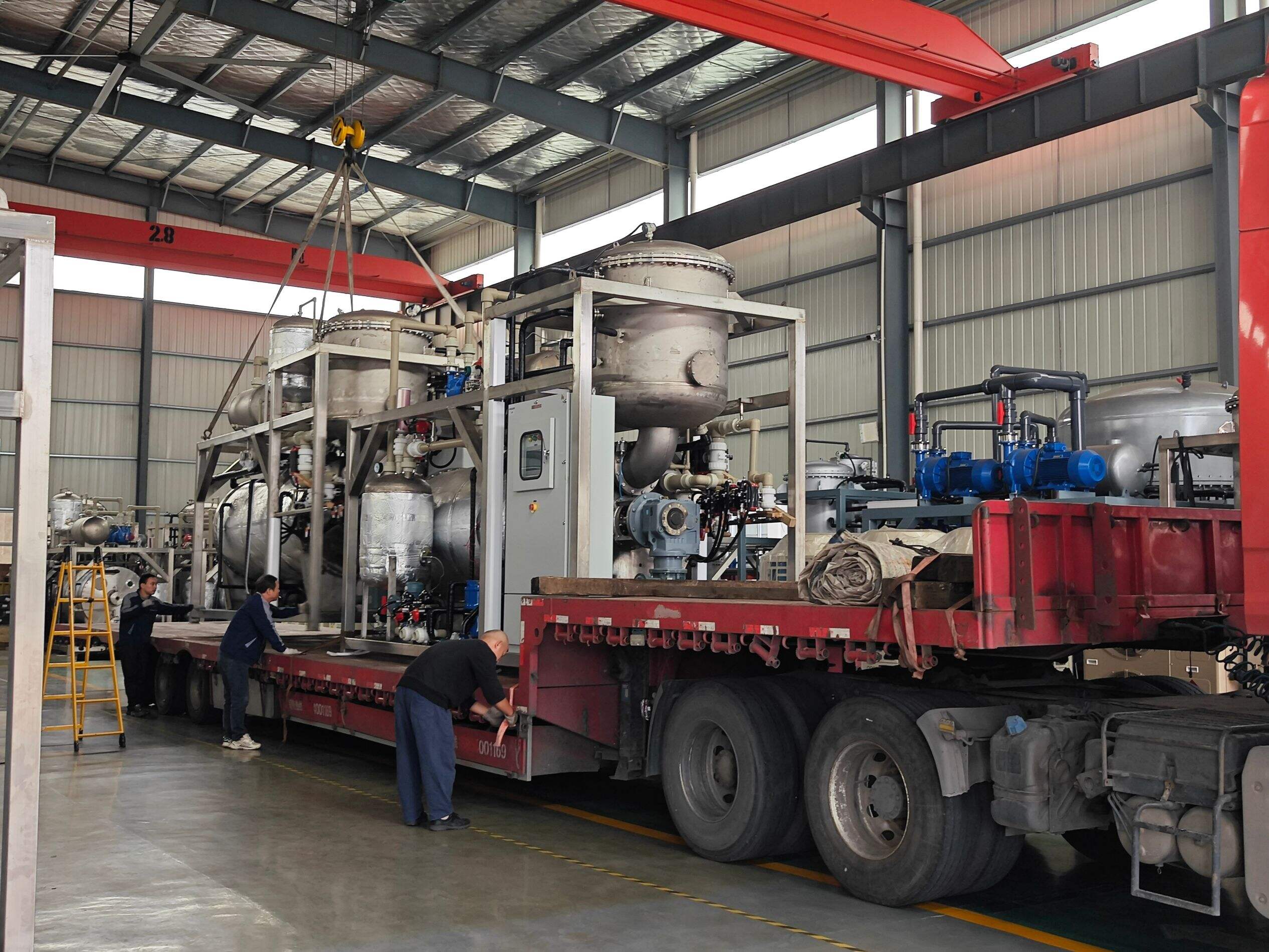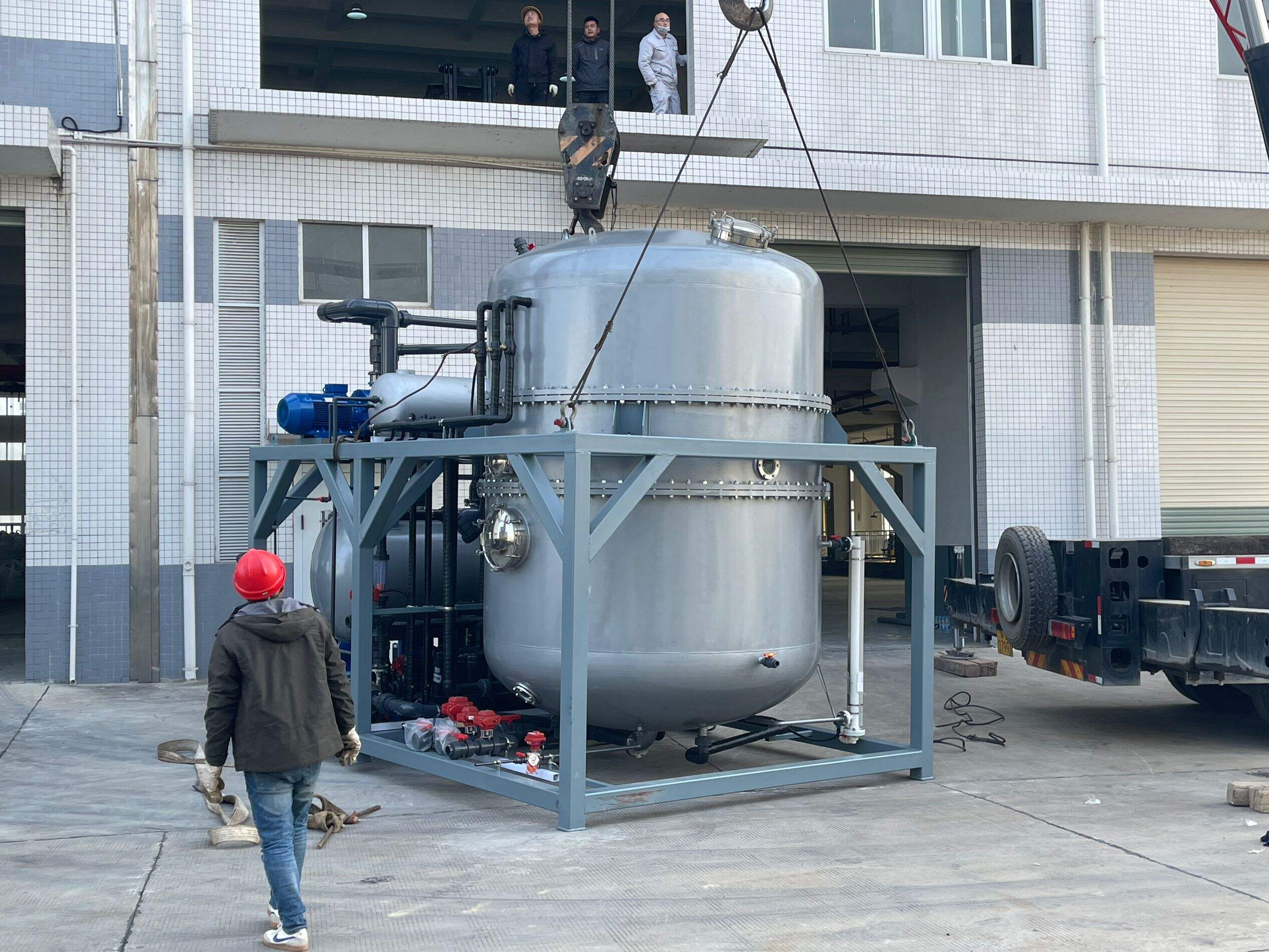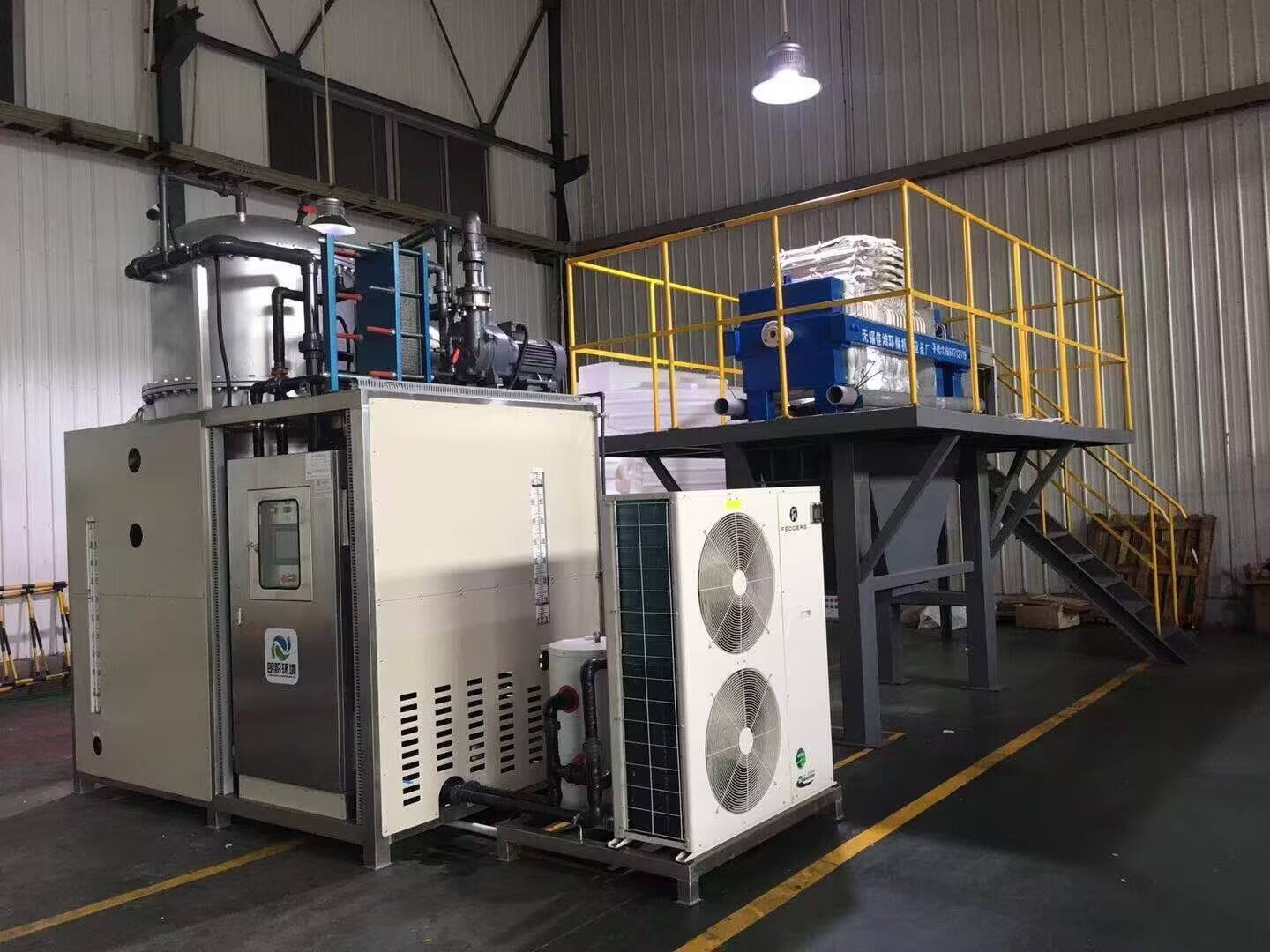wastewater treatment equipment
Wastewater treatment equipment represents a crucial technological advancement in environmental protection and water resource management. This sophisticated system comprises various components designed to remove contaminants from wastewater, making it safe for discharge or reuse. The equipment typically includes primary treatment units for removing solid waste, secondary biological treatment systems for breaking down organic matter, and tertiary treatment processes for final purification. Advanced features often incorporate automated monitoring systems, energy-efficient pumps, and smart control panels that optimize the treatment process. The equipment utilizes multiple treatment stages, including physical separation, chemical treatment, and biological processing, ensuring comprehensive purification. Modern wastewater treatment systems are designed with scalability in mind, capable of handling various capacities from small industrial applications to large municipal facilities. The equipment's versatility allows it to process different types of wastewater, including industrial effluents, municipal sewage, and agricultural runoff. Integration of cutting-edge filtration technologies, such as membrane bioreactors and UV disinfection systems, ensures superior water quality output. These systems are engineered to meet stringent environmental regulations while maintaining operational efficiency and reliability.


